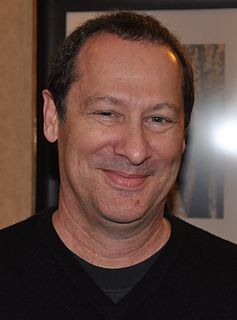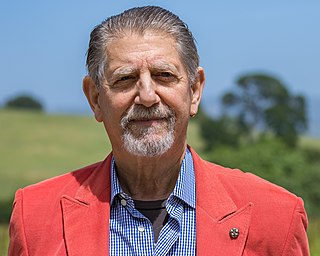A Quote by Johnny Depp
They said, "You get $2 million to make the film, if you're not in it. If you are in it, you get $5 million to make the film." There was no way to make the thing for $2 million, so I made it for $5 million. And then, it turned out there was no way to make the thing for $5 million. That's when it got weird.
Related Quotes
We have a conservative government that only thinks in terms of efficiency. They are spending a lot of money on military expenses and less and less on culture. My position is that culture can actually be economically viable. When I make a film, the film costs $3 million. Now, in Quebec, it grossed $3.5 million, which is a small film. It's not a comedy. There are no stars in it. And, it still grosses $3.5 million. That's just in Quebec.
I think a lot of people go into filmmaking thinking, "How can I make a career?" And so when they make their first film, they make it thinking, "Well, this'll be the one that gets me to the place where I can make the second film the way I want to make it, and that'll get me to the place where I can make $100 million on the third film." And I thought, "Well, if I put sustainability at the bottom of my priority list, then what opportunities is that going to free me up to pursue?" And that's what I've always done.
When you talk about Social Security, it's not just enough to say, we're looking at you, this really matters. It's the fact that a million Americans think it matters. Oh, wait, it's 2 million Americans think it matters. No, it's 4 million Americans. It's 6 million, wait, it's 10 million, it's 50 million Americans who care about this. That's how we're going to make change.
If you want to survive in the film industry, it's not about fighting for your visions because that's a given. It's thinking about how much is your vision going to cost, and then, what are the consequences, because you may have $100 million, but the reality is that $100 million needs to make $500 million to be a success.
Many people say, "When I get a million dollars, then I'll be happy because I'll have security," but that's not necessarily so. Most people who acquire a million dollars want another and then another. Or they could be like a good friend of mine who made and lost every dime of a million dollars. It didn't bother him a bit. He wasn't excited about it, but he explained to me, "Zig, I still know everything necessary to make another million dollars, and I've learned what to do not to lost it. I'll simply go back to work and earn it again.
As the stars make more and more money - one person gets $12 million, $14 million, $15 million, $20 million - everyone else is expected to work for peanuts. And that includes some extraordinary actors who are, today, working for peanuts because the production companies have decided they don't need to pay these people, and they don't.
(On the energy radiated by the Sun) It's four hundred million million million million watts. That is a million times the power consumption of the United States every year, radiated in one second, and we worked that out by using some water, a thermometer, a tin, and an umbrella. And that's why I love physics.




































